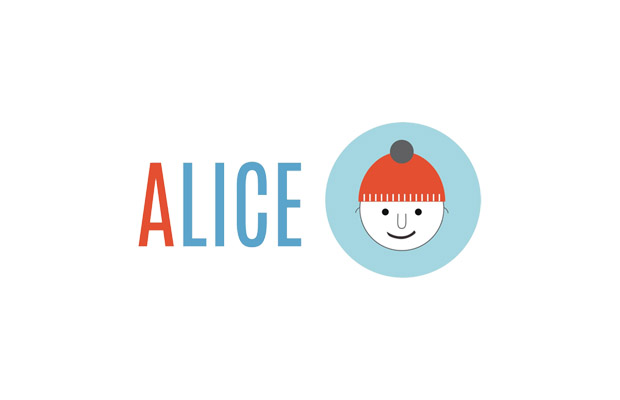ALICE – Adapting Learning in Inclusive Communities and Environment
ALICE project intends to experiment educative and social pedagogic practices related to the application of pro-social measures aiming at involving local communities in the promotion of social inclusion of students of secondary schools, which have been selected among different EU Countries. The project starts from the assumption that the main reasons behind social exclusive behaviours, according to different studies, are related to ethnic, religious and sexual differences. In order to promote cultural and personal diversity as a value, the project creates a list of practical pedagogic instruments that can be used not only by teachers, but also by those who, although playing an important role in the development of behaviours and cultural backgrounds of the students, are not formally considered as educators. The challenge of the project is also experimenting an approach based on the biographic narration of students, given the importance of storytelling with reference to cognitive and emotional insight that can lead to accept or refuse diversity. A specific Pro-Social Manual will be redacted to provide teachers with practical educative tools; to create a social pedagogy of the community. The project intends to establish a Network of local educating communities (EC) at EU level for promoting social inclusion, for combating discrimination and for exchanging experiences. The role of the ECs is creating an “educative village” where all members are called to contribute to the education of the youngsters. At the end of the project a “Support to policy Reform” will be published in order to propose a set of recommendations to policy makers for combating discrimination through prosocial approach.
Activities
- Analisys of the status quo and of the strategic perspectives of Prosociality
- Realization of the Nationaal and European Biographic Report
- Elaboration of the prosocial Manual
- Creation of the Educating Community scheme
- Training of trainers-Teachers and parents
Results
- The good practice Pro- Save Social Approach (on inclusive learning, social and civic competencies, critical thinking and media literacy as well as the integration of migrants) is adopted and tested with the new target group (secondary schools students), being integrated into common practice system in the schools involved in the testing process.
- The students involved in the testing process are more open to developing positive interpersonal relationships thanks to the acquisition of new emotional skills and preventing situations of distress in the secondary schools from the partner countries involved.
- The students and their parents involved in the testing process are accepting the new Pro- Save Social Approach by becoming aware of the benefits offered by the new learning approach.
- The local stakeholders and the local authorities are recognizing the value of the new learning approach by expressing their interest in adopting the new Pro- Save Social Approach in the learning system.
Partners
- Coordinator: Fondazione Hallgarten Franchetti Centro Studi Villa Montesca (Italy)
- Documenta Creaciones Multimedia Avanzadas SL (Spain)
- Stichting The Global Alliance for LGBT Education (The Netherlands)
- Regional Directorate of Primary and Secondary Education of Crete (Greece)
- Center for the Study of Democracy (Bulgaria)
- Centro per lo Sviluppo Creativo “Danilo Dolci” (Italy)

